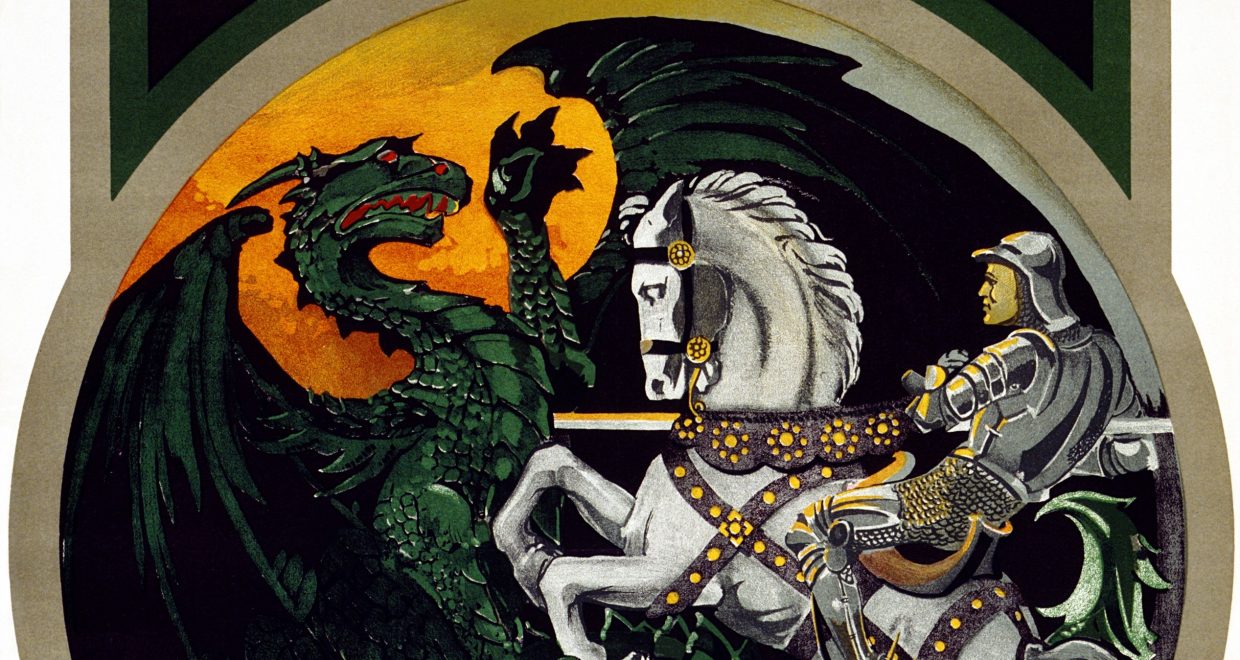Fake news and state manipulation, First World War style?
This accompanies David Monger’s Historical Journal article The Press Bureau, ‘D’ Notices, and Official Control of the British Press’s Record of the First World War
Credulity and cynicism are frequently mentioned at the moment. In a world of easily obtained information, people are reportedly too easily misled by conspiracy theories; too willing to discount information and perspectives that do not align with their own worldview as propaganda, fake news or lies; too eager to dismiss and silence, rather than discuss and persuade. ‘Mainstream’ media is corrupt and hides the truth, ‘new media’ is dangerous and distorts reality, ‘cancel culture’ threatens freedom, hate speech threatens safety.
Such concerns, so prominent at present, are hardly new. Credulity and cynicism have also frequently been identified as lying at the heart of public representation and understanding of the First World War. This remains a casual assumption for some to the present day, bolstered by generations of scholarship suggesting governments lied to their publics, with the connivance of the press, duping them into the needless sacrifice of millions of lives. The fact that propaganda and press censorship became increasingly systematic during the war was evidence that the state lied and cheated its way through total war. Only in recent decades have historians seriously challenged this emphasis on state manipulation, emphasising instead the self-motivation of ordinary people, reassessing the content of newspapers, showing the patchy development of propaganda and the variety of its content and purpose, and generally problematizing assumptions of untrammelled state power over its citizens.
My article in The Historical Journal extends these reconsiderations by looking in detail at the notices prohibiting discussion of some topics, issued to newspapers by the Press Bureau, a new organisation during the war established to guide, monitor and, if necessary, censure the press’s coverage of the war. However, close reading of the over 700 ‘D’ notices issued by the Bureau shows that, with the notable exception of reporting on Ireland, it very rarely sought to prevent adverse commentary, or to obscure evidence of public discontent, political disputes or military setbacks. Usually, the Bureau’s restrictions reflected excessive caution about security risks. British newspapers were prohibited from publishing weather reports, for instance, because they might assist German air raid planning. Further, while it depended significantly on newspaper editors’ willing, ‘patriotic’, cooperation, fostered by fairly close social and professional links between them and officials, editors regularly challenged restrictions they considered unmerited and sometimes even suggested their own further restrictions. The Bureau, in turn, sometimes adjusted their instructions in response to press arguments. Rather than sinister and corrupt state manipulation, this close look at the instructions, never previously undertaken, suggests a relatively flexible and responsive attempt to balance safety and security with press freedom.
Main image: A WWI British recruitment poster showing St. George slaying the dragon. Library of Congress






